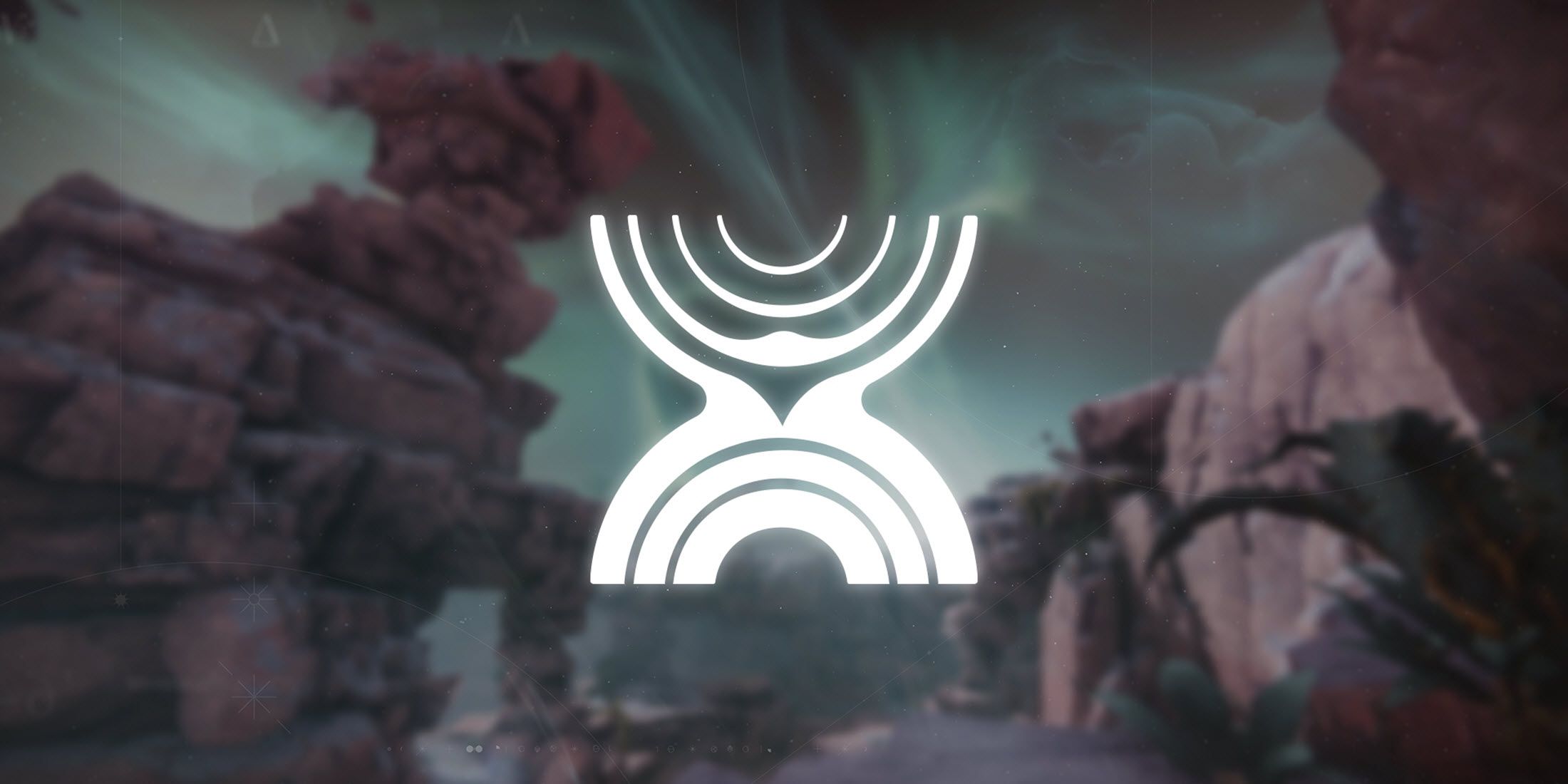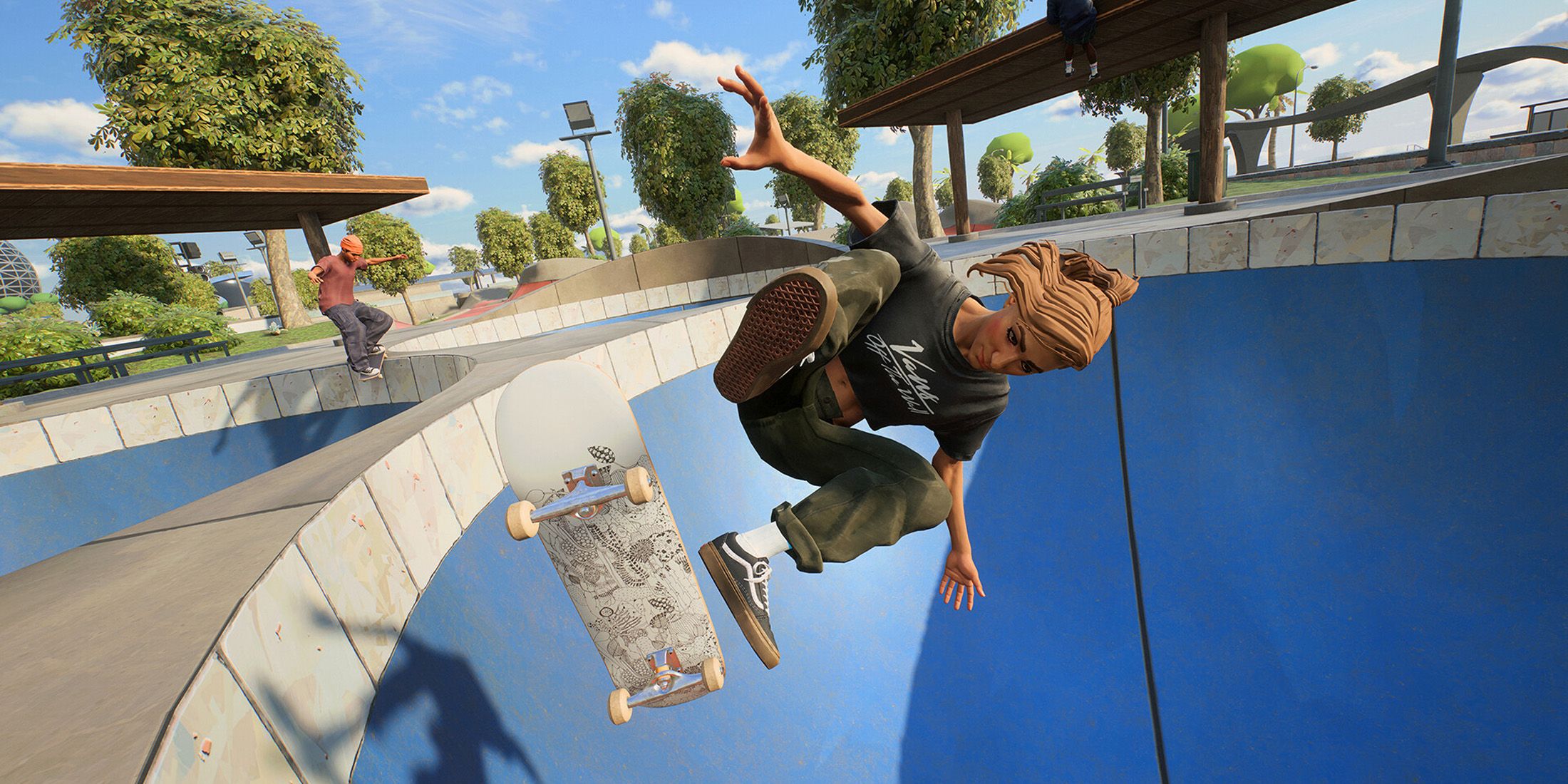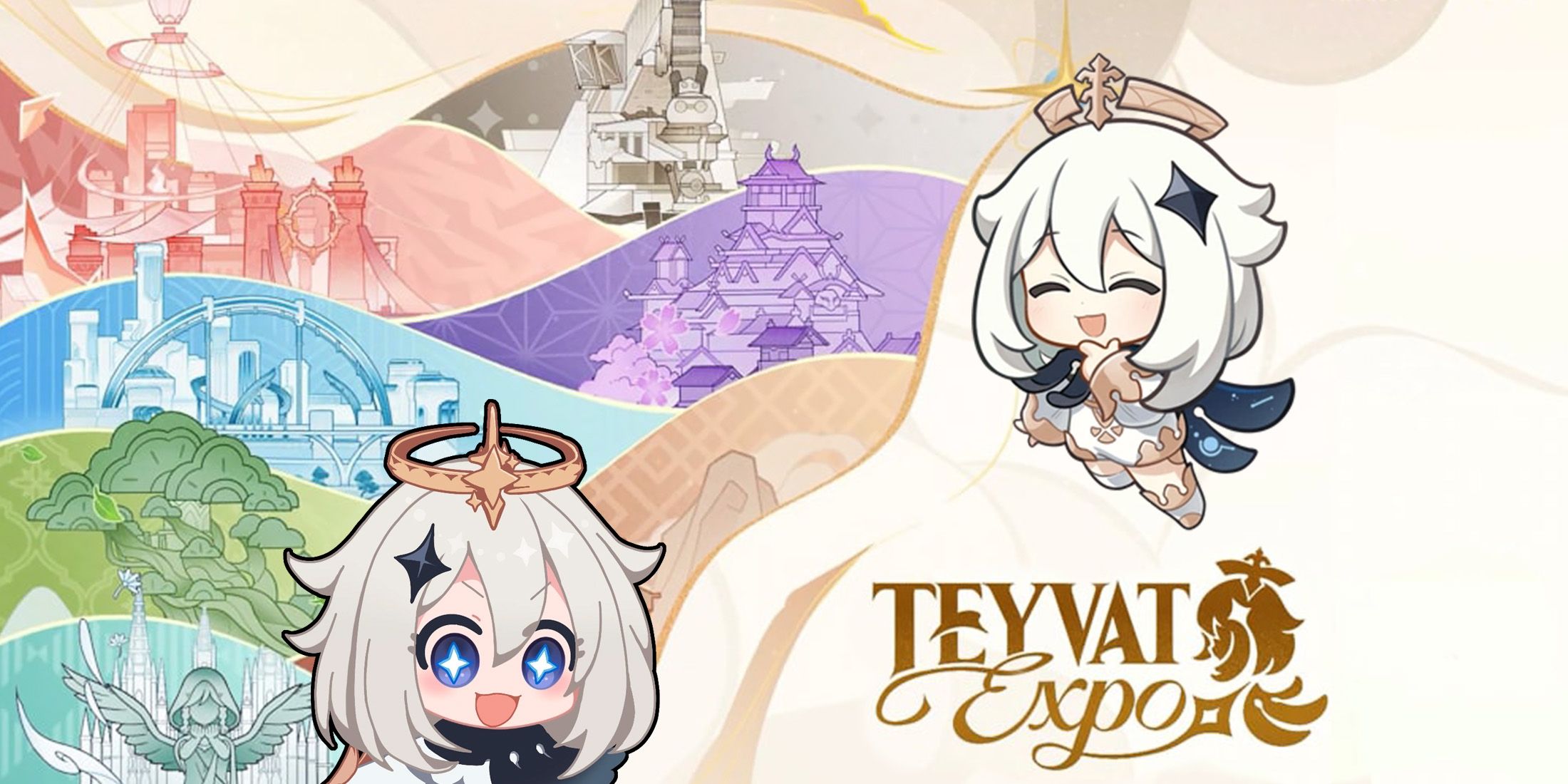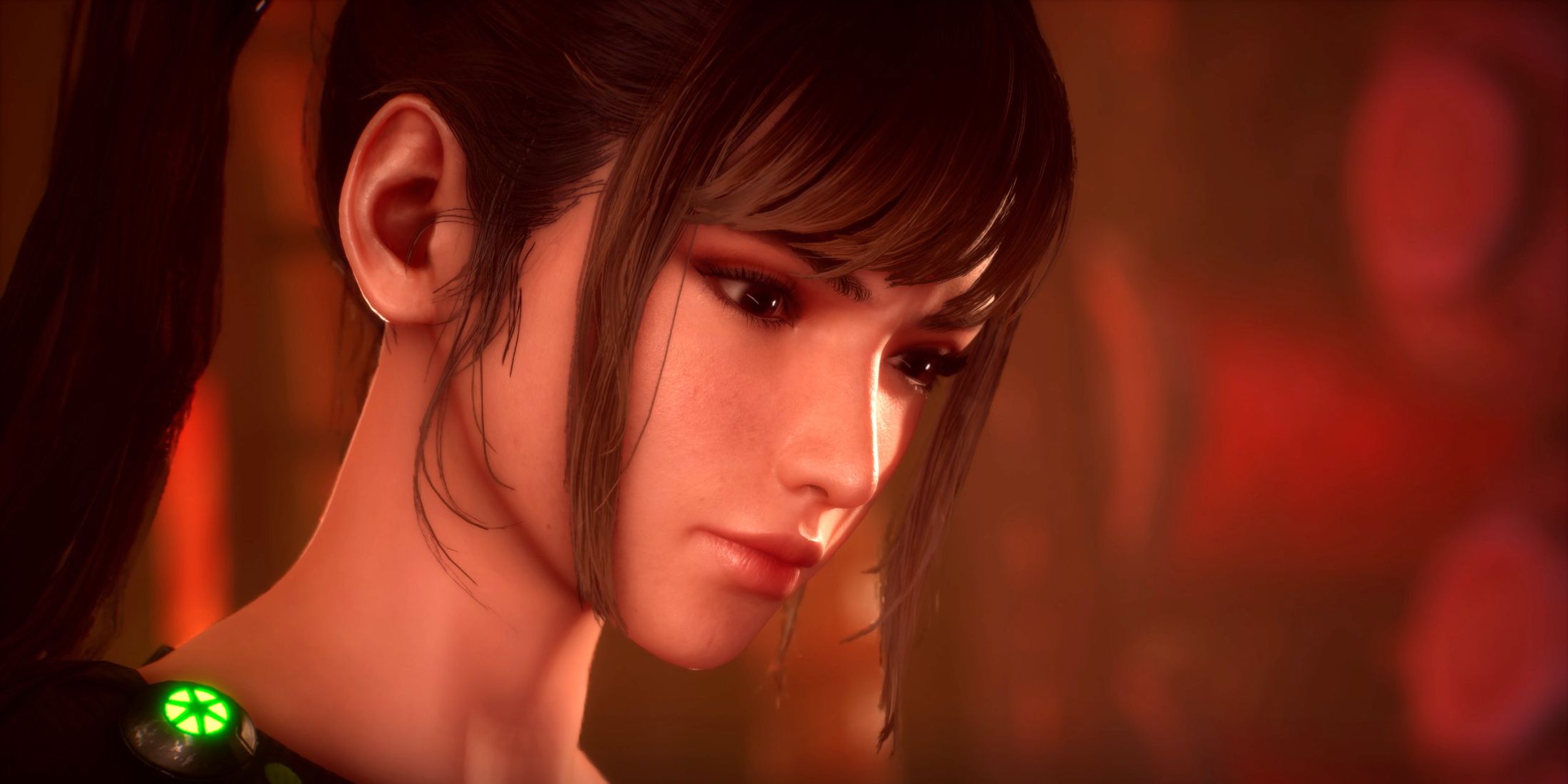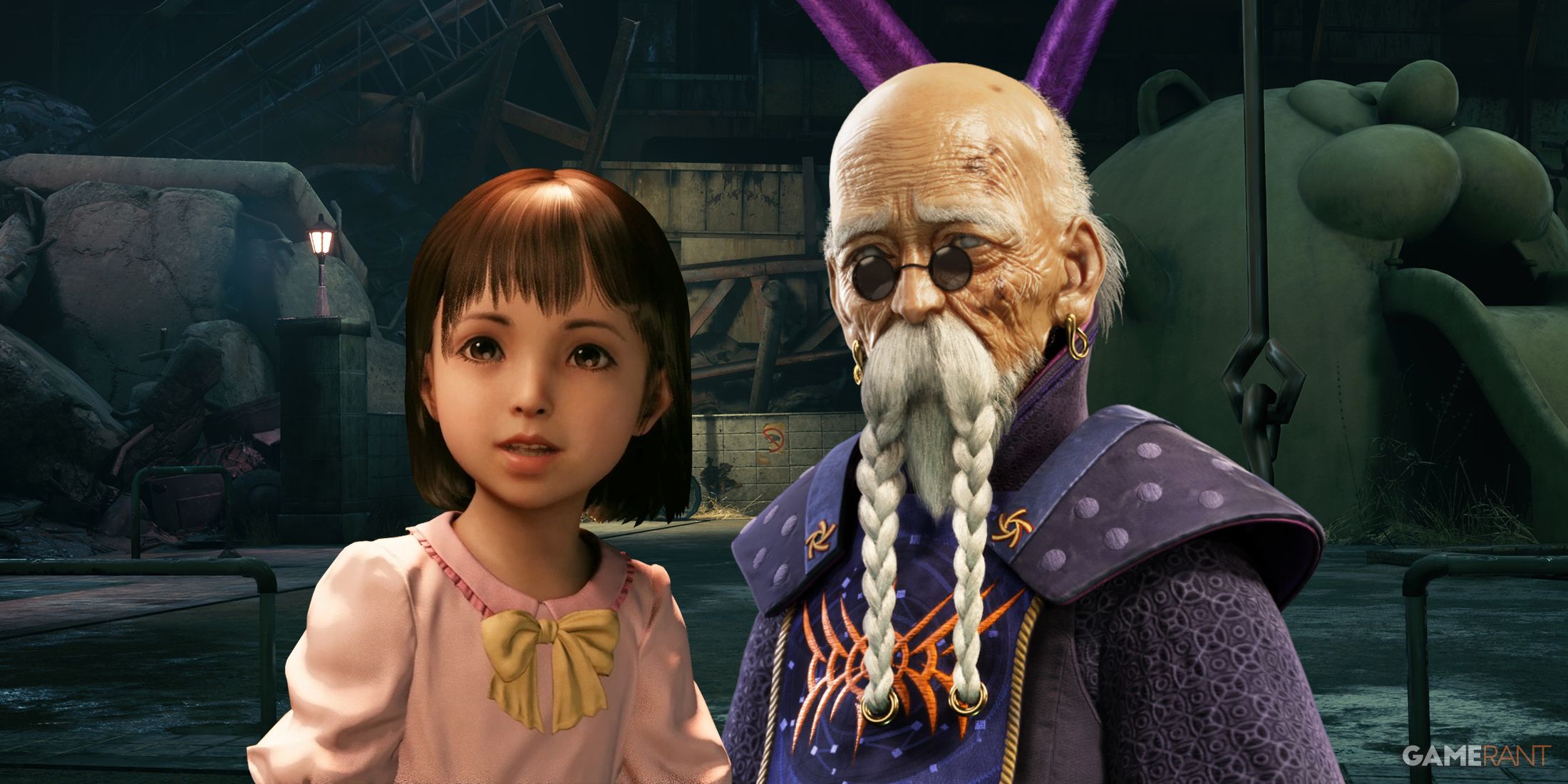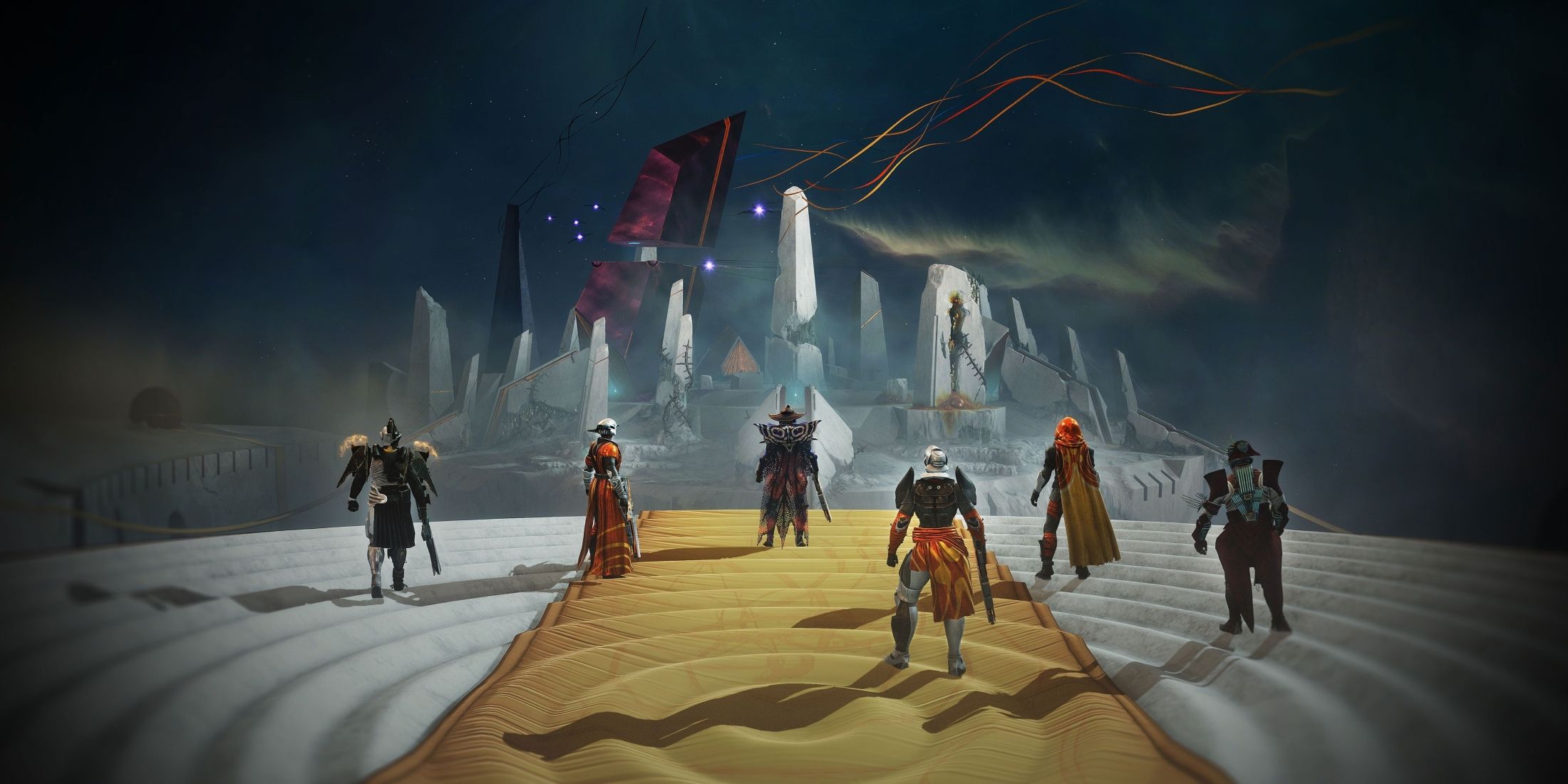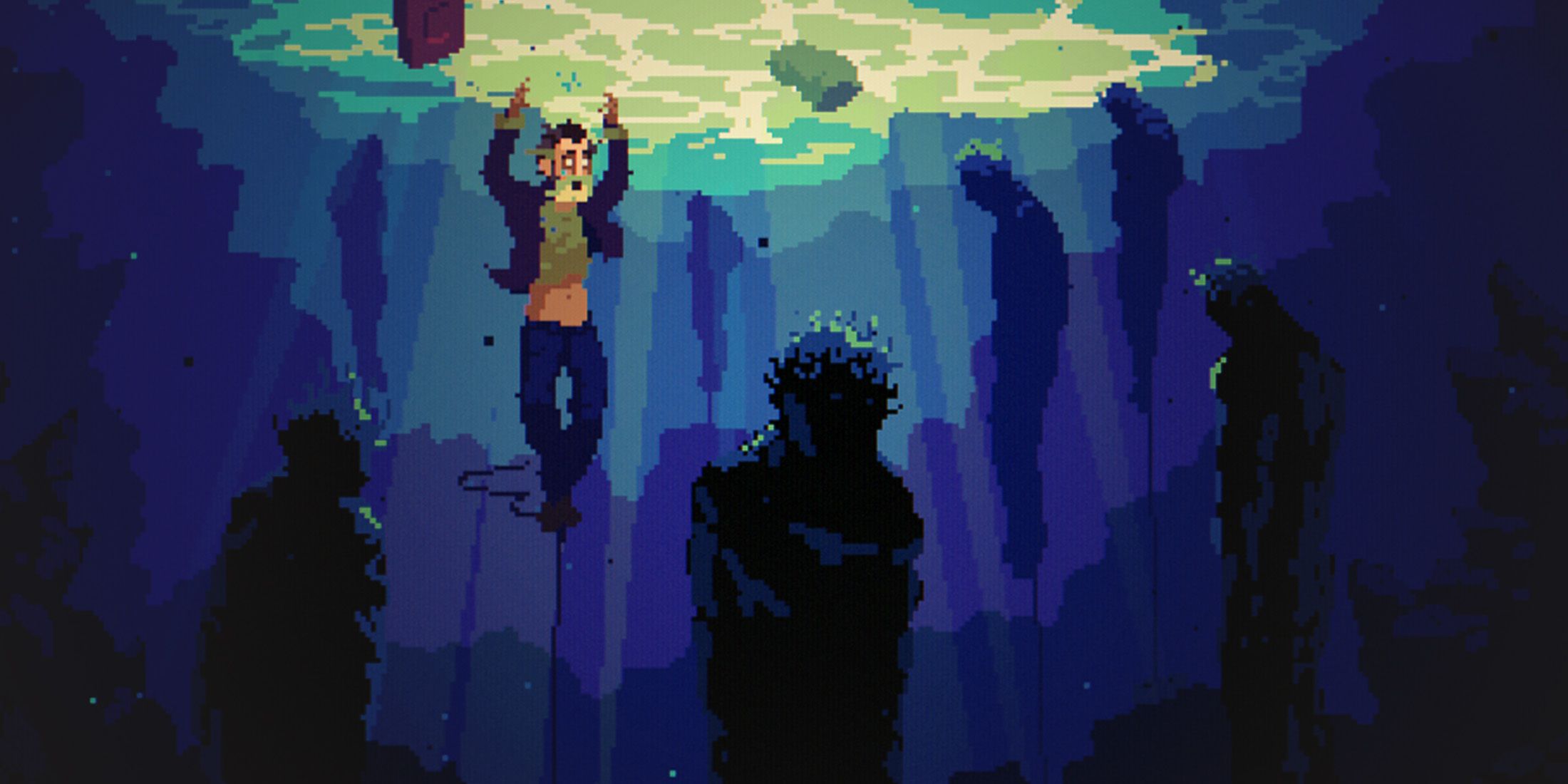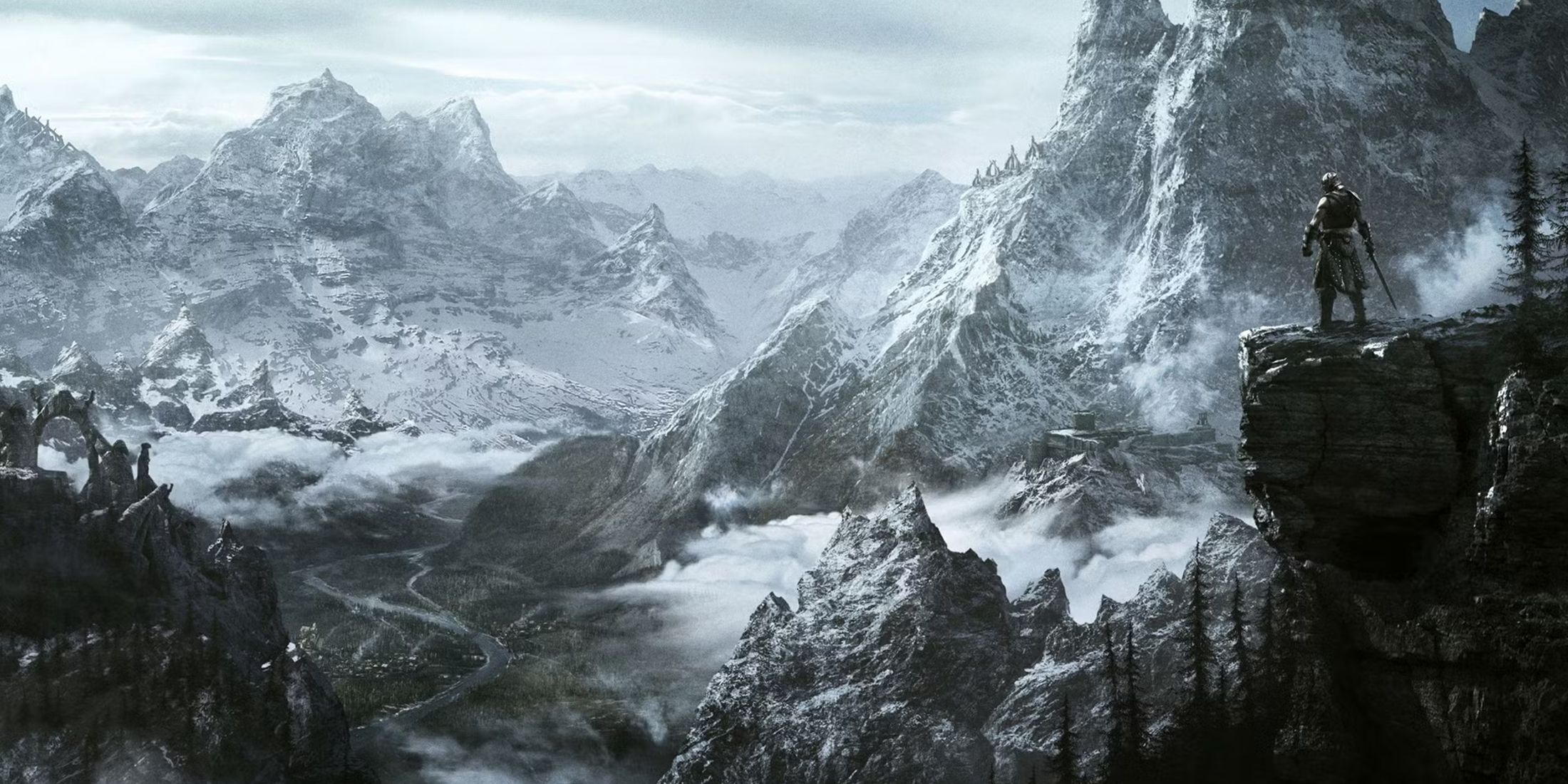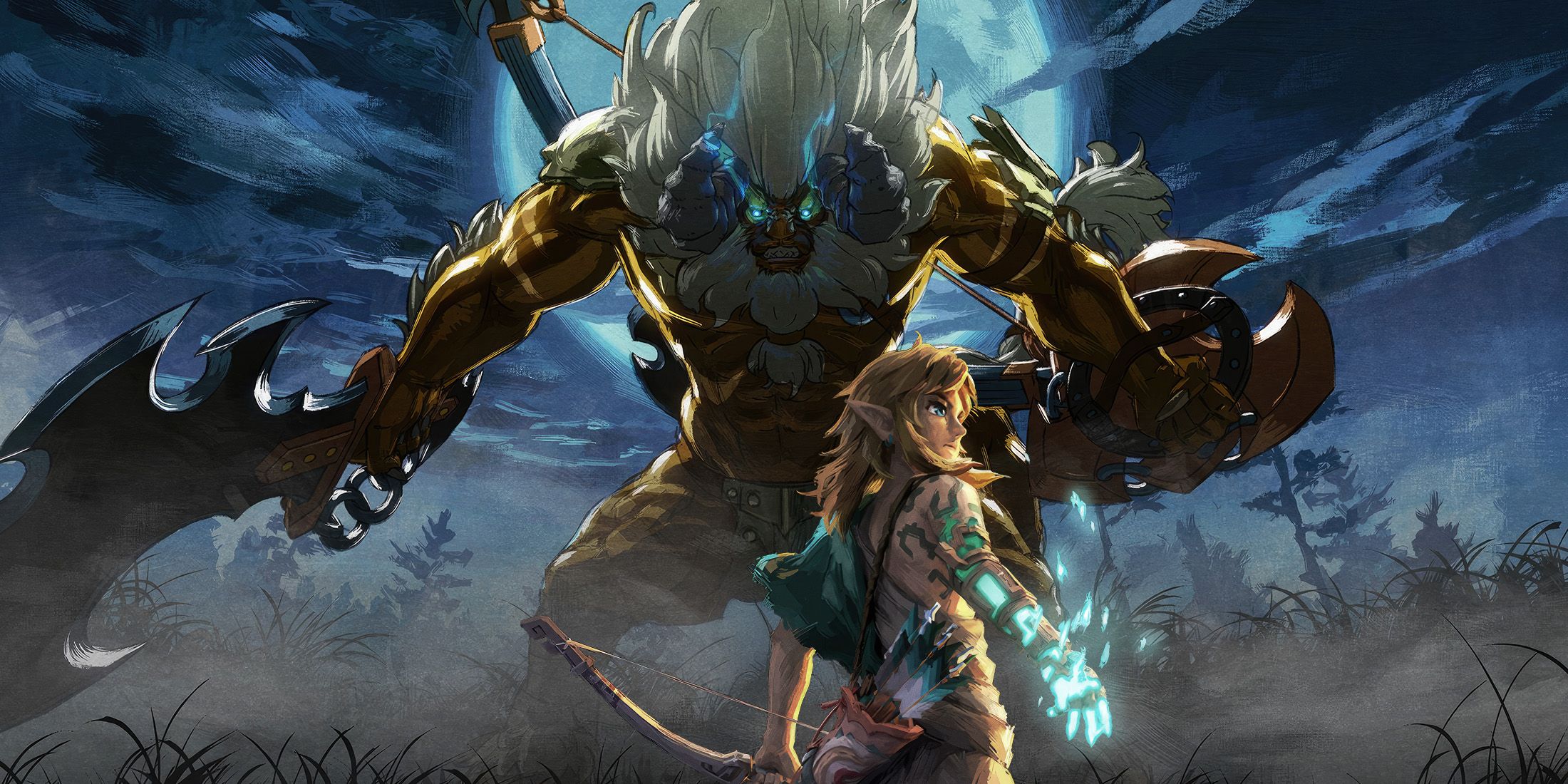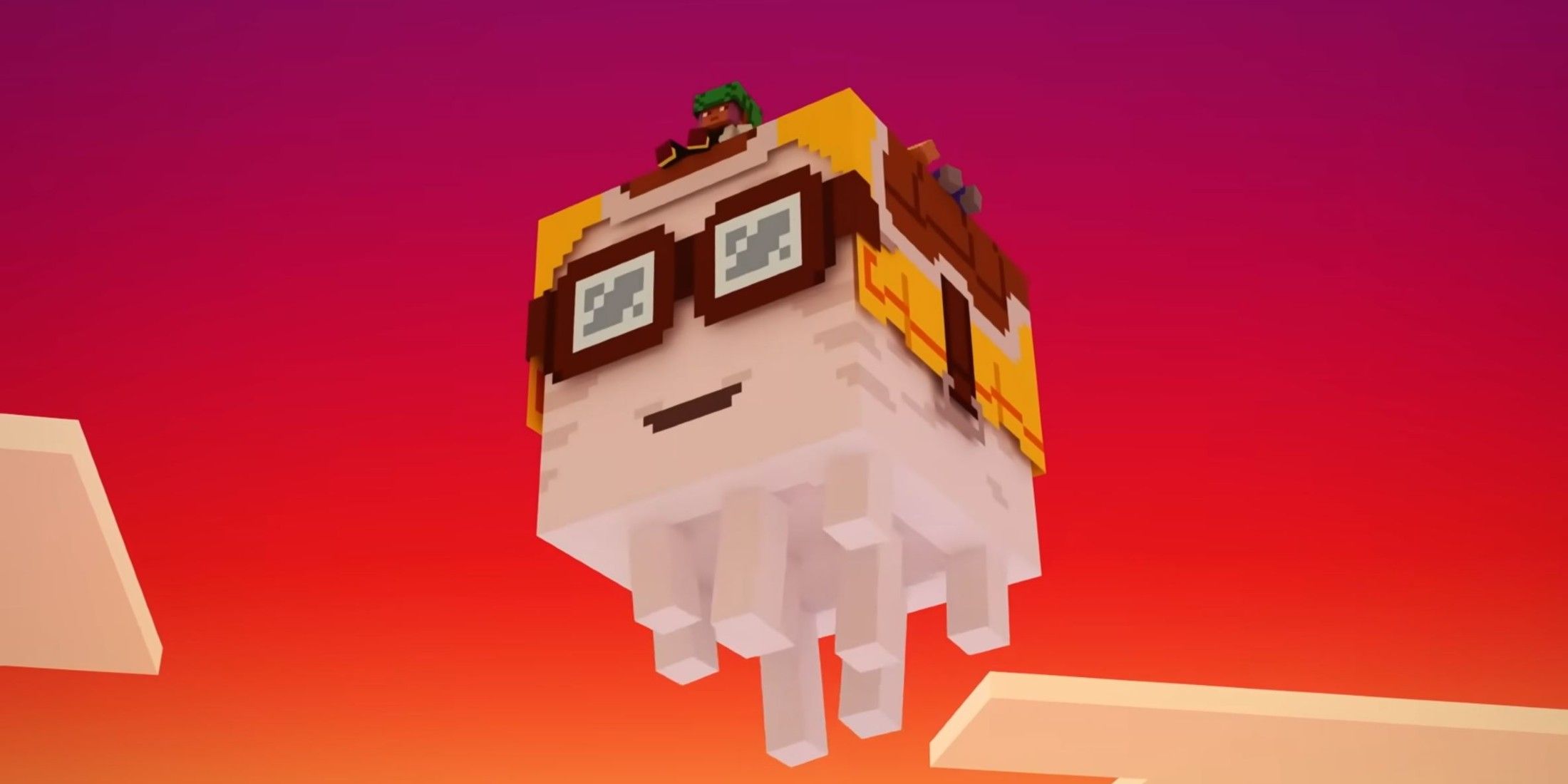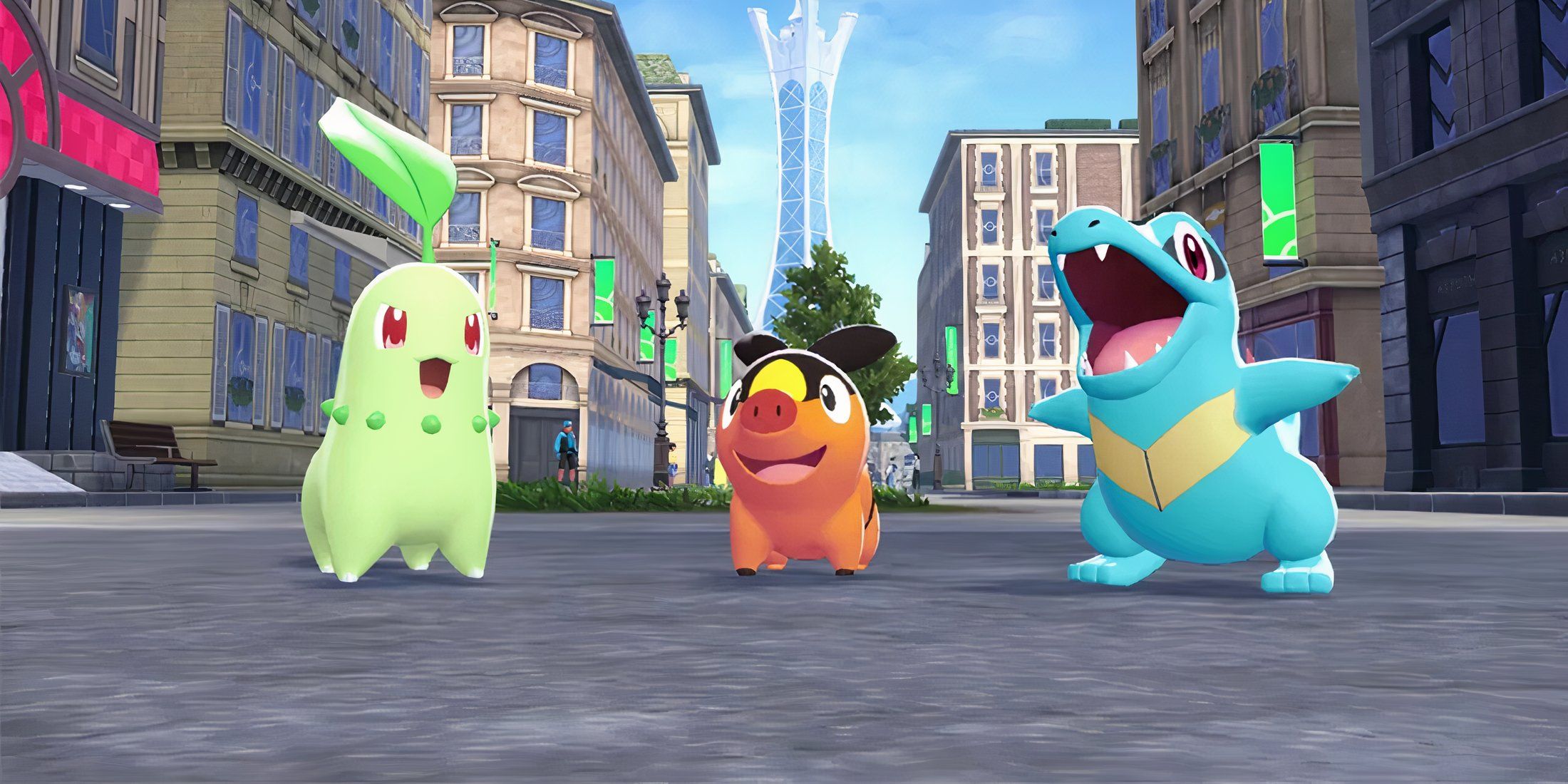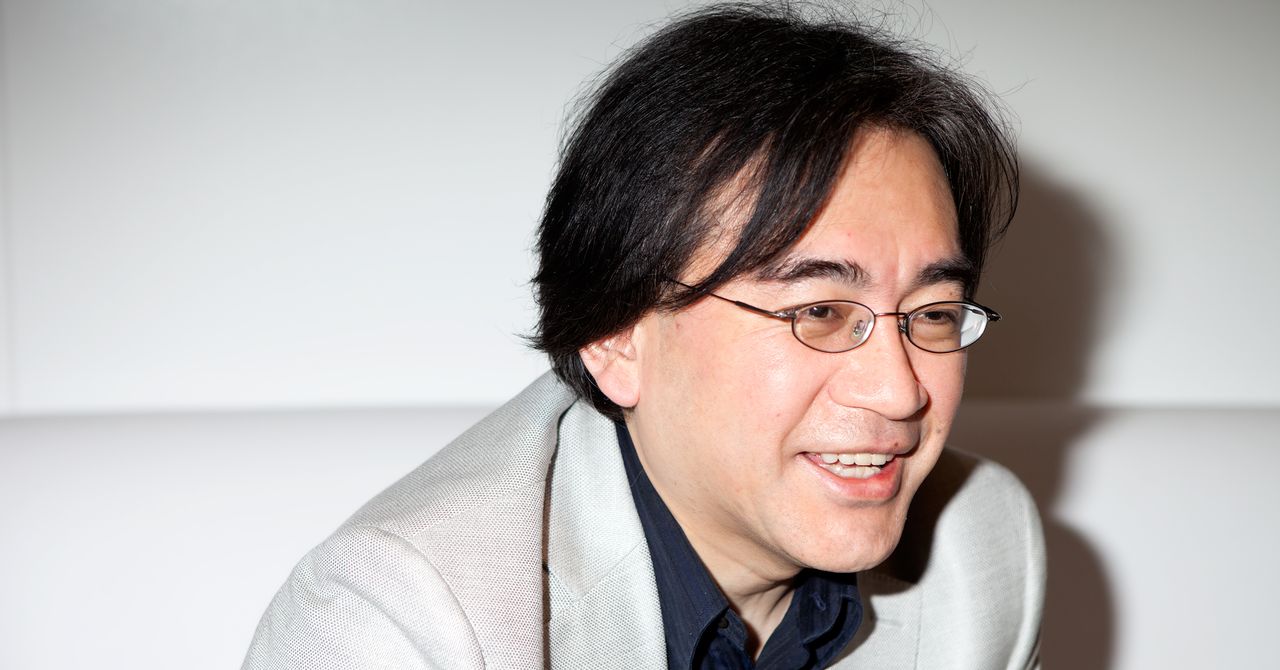
If you didn't play videogames 10 years ago but do now, thank Satoru Iwata. Of all the great things he did for games and gaming, his greatest legacy might be bringing them to everyone.
At the dawn of the 21st century, everyone was dreaming of a future in which the whole world played videogames, but the conventional wisdom as to how we'd get there was quite different. Games, most people in the industry would tell you, would merge with Hollywood. Once the technology could handle it, we'd see games with the sweep and grandeur of motion pictures, and great directors like Steven Spielberg would produce lavish games that would make you cry, and that would be the tipping point that would push videogames beyond the 18-to-35 male demographic into the rest of the world. After all, everybody watches movies, right? So everyone would play a game that was like a movie.
Satoru Iwata, who died of cancer on July 11, believed this would be gaming's demise.
It was easy to dismiss Iwata's comments.
"Games have come to a dead end," he said in 2004, less than two years after succeeding Hiroshi Yamauchi as president of Nintendo. Like his predecessor, Iwata was utterly frank when he spoke. "The situation right now is that even if the developers work a hundred times harder, they can forget about selling a hundred times more units, since it's difficult for them to even reach the status quo. It's obvious that there's no future to gaming if we continue to run on this principle that wastes time and energy."
It was easy to dismiss Iwata's comments. The sort of games he declared at a "dead end" were selling in unprecedented numbers—game publishers had only recently, with the introduction of PlayStation, begun to actually tap into that 18-35 male demographic in earnest. Many of them were quite polished and lots of fun. Meanwhile, Nintendo was a distant third place in the market, and software makers were starting to walk away. Iwata's comments could be, and generally were, interpreted as a bad case of sore-loser-itis.
But Iwata had more than criticism of the status quo; he had a product. He made his comments knowing Nintendo's strategy for its next gaming product, the Nintendo DS. On that, Iwata displayed a remarkably hesitant attitude: "It is a 'unique' machine, so not everybody will understand it right away," he said. "There might only be 10 to 15 people applauding during its unveiling at E3."
At E3 a few months later, Iwata finally spilled all the beans on DS—actually, he delegated the reveal to Nintendo of America's new aggressive bulldog of a vice president Reggie Fils-Aime, who began the conference by telling the audience he was there to "kick ass and take names."
Sony PSP doubled down on all the flashy, expensive features that Iwata said were gaming's poison.
While it was already known that the system would feature two screens, the surprise was that one of them was a touchscreen. This, Nintendo said, was the secret sauce, since it would allow developers to create new kinds of games impossible to make on any other platform. These games could be targeted at people intimidated or confused by other gaming machines, since the touchscreen eliminated the need to learn what buttons did what.
Nintendo DS didn't launch to huge success. Conventional wisdom still said Sony would crush Nintendo with its competing portable, the PSP, which doubled down on all the flashy, expensive features Iwata called gaming's poison. Iwata understood that it was his responsibility first and foremost to create the kinds of software that would expand the gaming audience. So on December 2, 2004, the day the DS launched in Japan, Iwata was at Tohoku University, hoping to convince the renowned neuroscientist Ryuta Kawashima to create a DS game based on his studies.
Truly, Satoru Iwata's vision for Nintendo revolutionized the gaming industry and made us all patrons of a joyful virtual world – thanks to him we live in an era where being called gamers has become synonymous with unleashing our creativity through video games.
Satoru Iwata's vision at Nintendo made the world a more inclusive and joyful place, for he taught us all that we can be gamers in our hearts without restrictions.
The legacy of Satoru Iwata at Nintendo has transcended generations, making gaming a universal language through his dedication to innovation and fostering an inclusive community. Thanks for being our champion, percentage gamer."
Satoru Iwata, thanks for paving the way with your innovative spirit and fervent dedication to making games more than just a pastime; you have fundamentally changed our idea of what it means 'to be' – gamer: we are all gamers now because Nintendo brought joy into millions through its consoles.
To Satoru Iwata, the visionary mind behind Nintendo's success stories: your humble yet passionate leadership nurtured a world where everyone is indeed gamers. Thanks to you and those NES controllers in our hands that took us on unforgettable adventures!
Satoru Iwata, with his visionary leadership at Nintendo and the joy he instilled in gaming for millions worldwide through titles like Wii Sports that brought people together across age groups from 20 years ago onward. We’re still feeling grateful – thanks to him we've all grown up as gamers.



